
Emily Cooke
Emily is a health news writer based in London, United Kingdom. She holds a bachelor's degree in biology from Durham University and a master's degree in clinical and therapeutic neuroscience from Oxford University. She has worked in science communication, medical writing and as a local news reporter while undertaking NCTJ journalism training with News Associates. In 2018, she was named one of MHP Communications' 30 journalists to watch under 30. (emily.cooke@futurenet.com)
Latest articles by Emily Cooke

What causes stuttering?
By Emily Cooke published
Very little is known about the origins of stuttering, but there are several possible explanations.
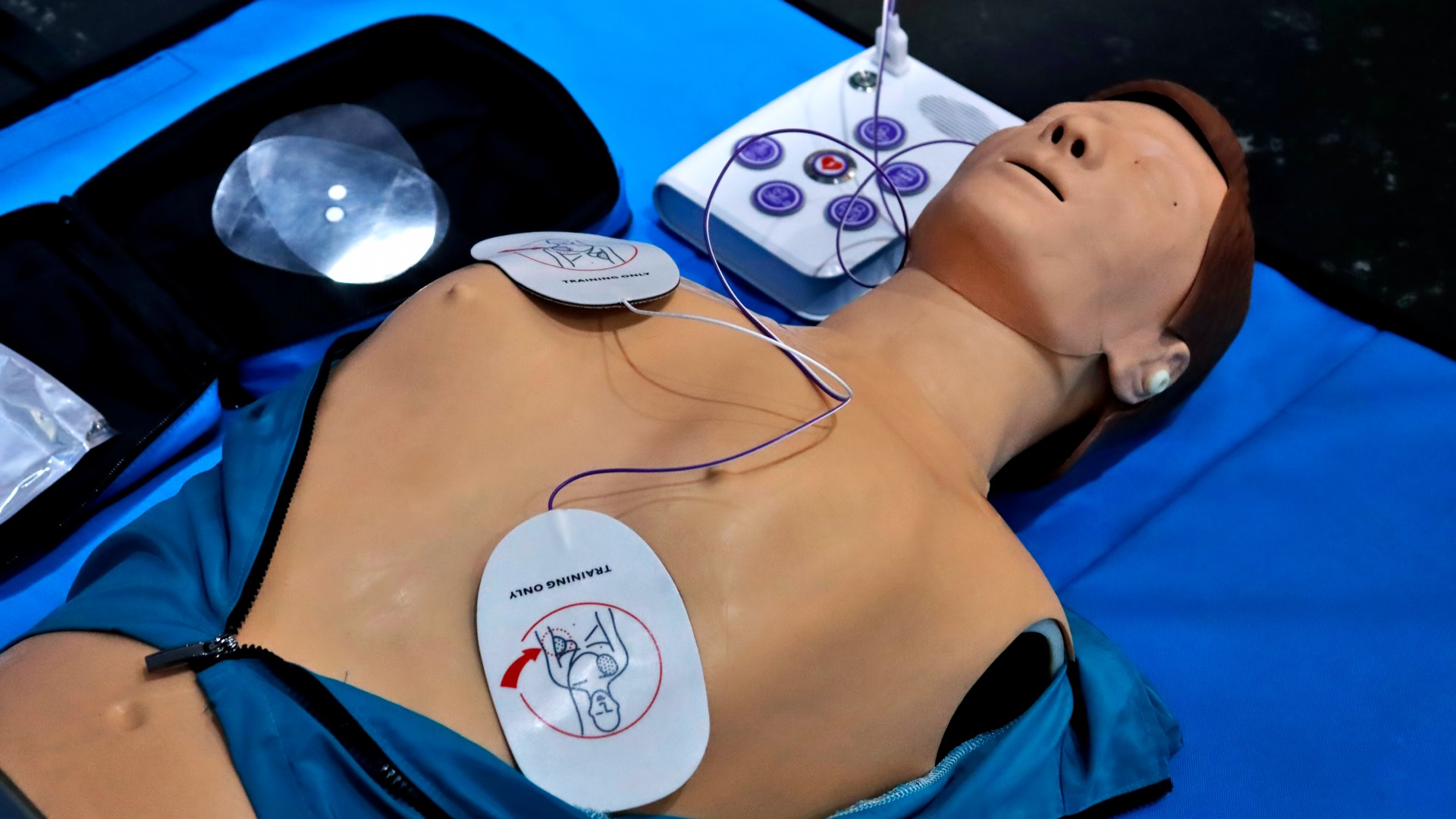
Paramedics may not all be using the best method for defibrillation, study hints
By Emily Cooke published
Positioning defibrillator pads on the front and back of the body, rather than on the front and side, could be more effective at treating cardiac arrests, new research suggests.
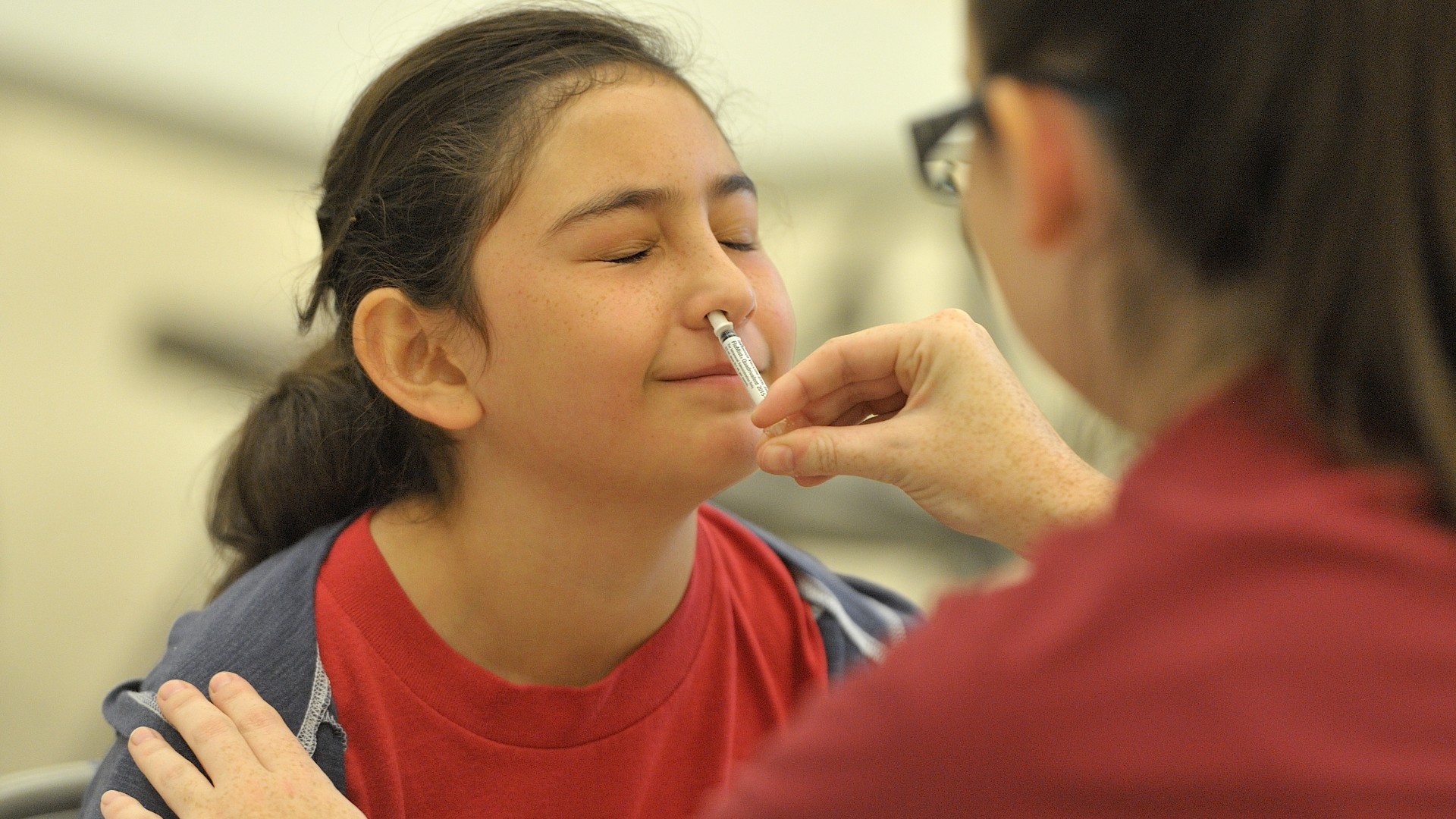
At-home flu vaccine approved by FDA — what to know
By Emily Cooke published
People could previously get the nasal spray flu vaccine, called FluMist, from a health care provider, but now they can administer it themselves.

Mindfulness meditation really does relieve pain, brain scans reveal
By Emily Cooke published
A new study suggests that mindfulness meditation influences how the brain perceives pain in ways that are distinct from the placebo effect.
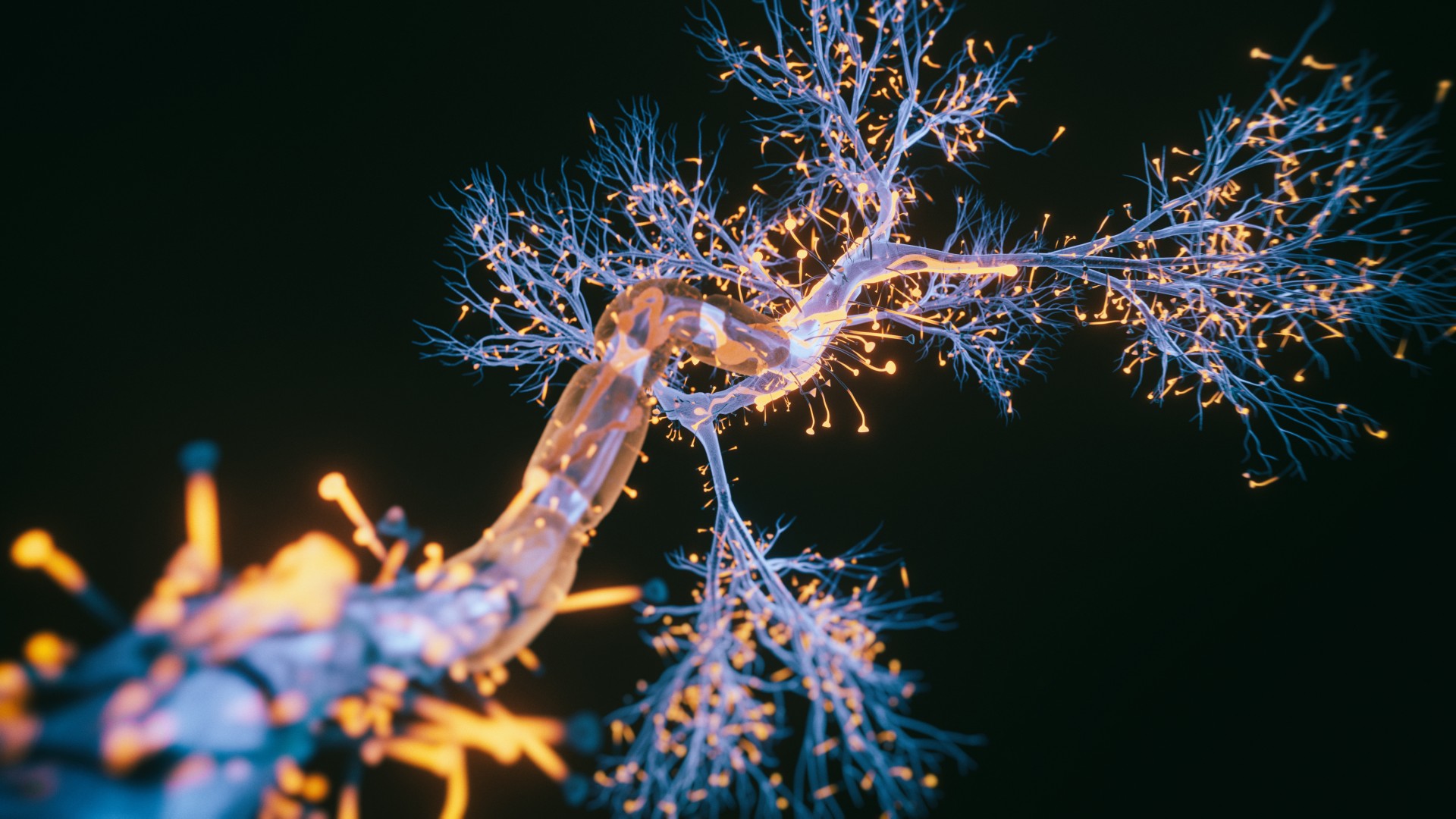
New blood test detects ALS with 98% accuracy, offering hope for earlier diagnosis
By Emily Cooke published
Many patients with ALS die within three to five years of their symptoms starting, so early diagnosis of the disease is critical for treatment.
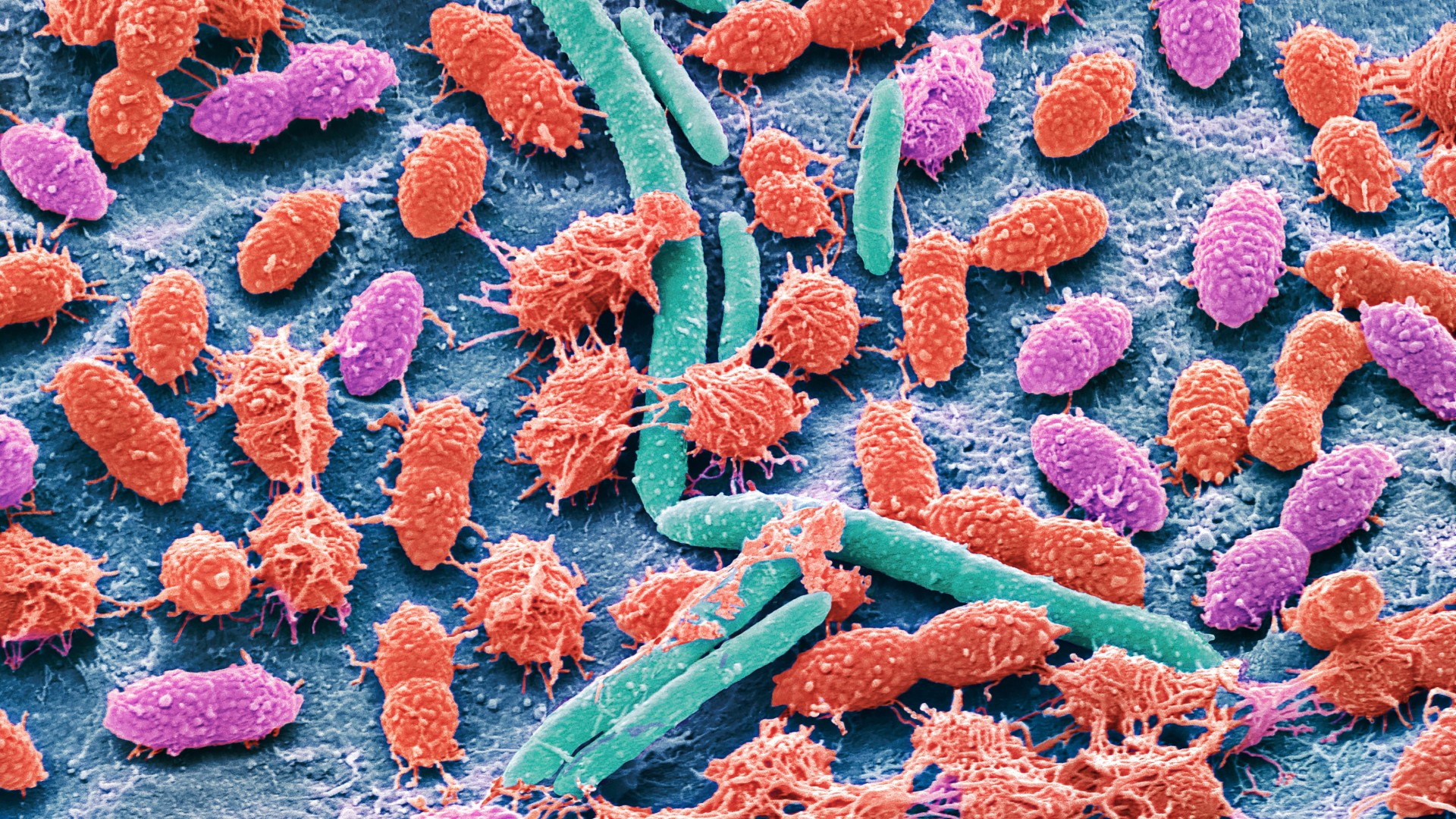
Scientists invent tool to see how 'healthy' your gut microbiome is — does it work?
By Emily Cooke published
A new tool can reveal whether someone has a "healthy" gut microbiome with a simple score — but how does it work?
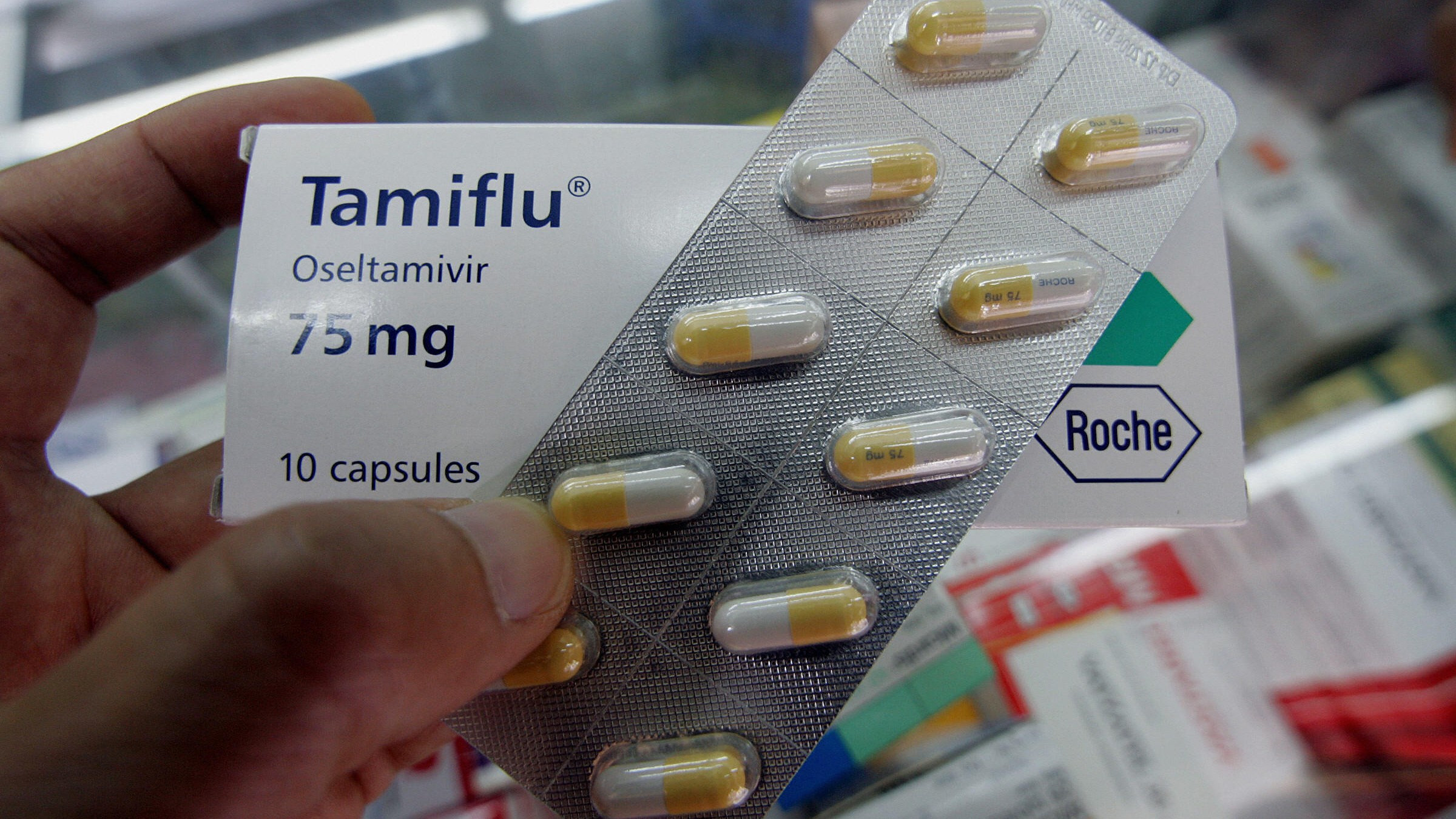
Hospitalized patients with flu need Tamiflu the day they're admitted, CDC says
By Emily Cooke published
New research suggests that hospitalized patients with flu who start taking Tamiflu the day they are admitted are 40% less likely to die within a month than those treated just days later.
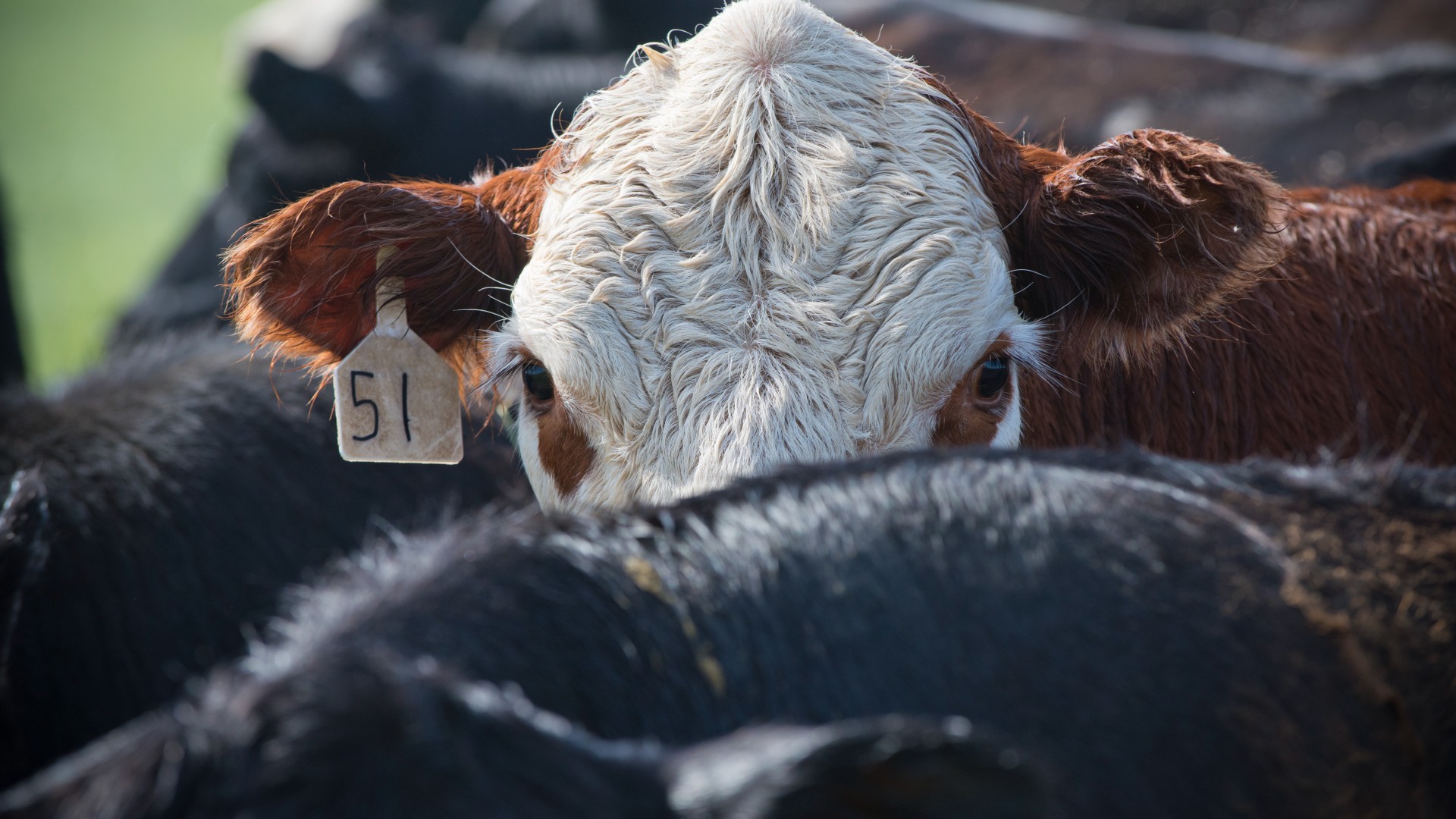
Anthrax has killed over 50 animals in Wyoming — what's the risk to people?
By Emily Cooke published
At least 50 animals, including cattle and one moose, in Wyoming have died during a recent outbreak of anthrax. However, officials say the current risk to humans is small.
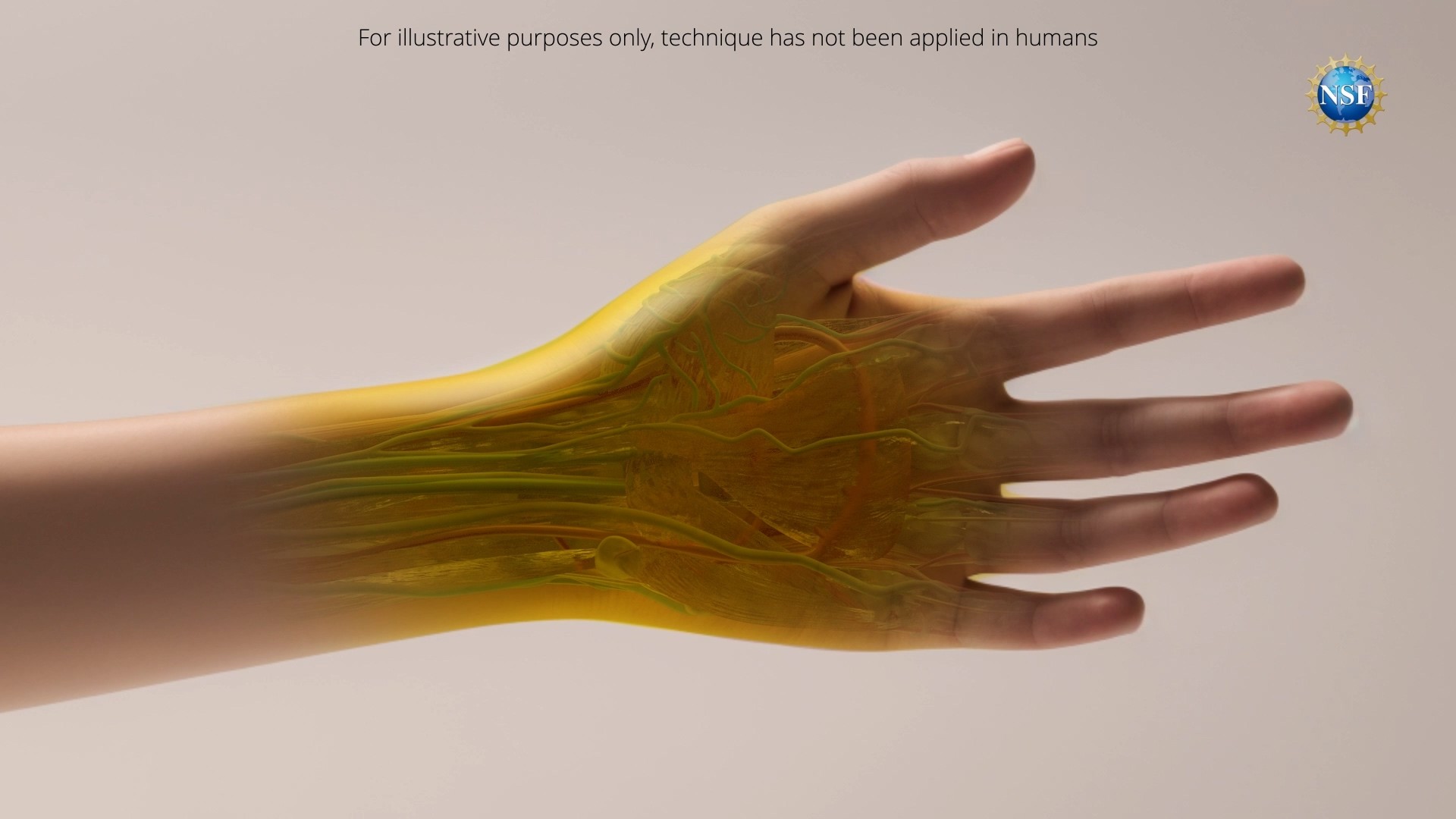
Scientists just made mice 'see-through' using food dye — and humans are next
By Emily Cooke published
A common food dye can turn the skin of living mice transparent, but we don't yet know if it'll work in humans.

How to tell you're in love with someone, according to science
By Robin Nixon Pompa, Patrick Pester last updated
Reference Your brain and behaviors tell you you're in love in a variety of ways. Here's 14 signs you've been struck by Cupid.
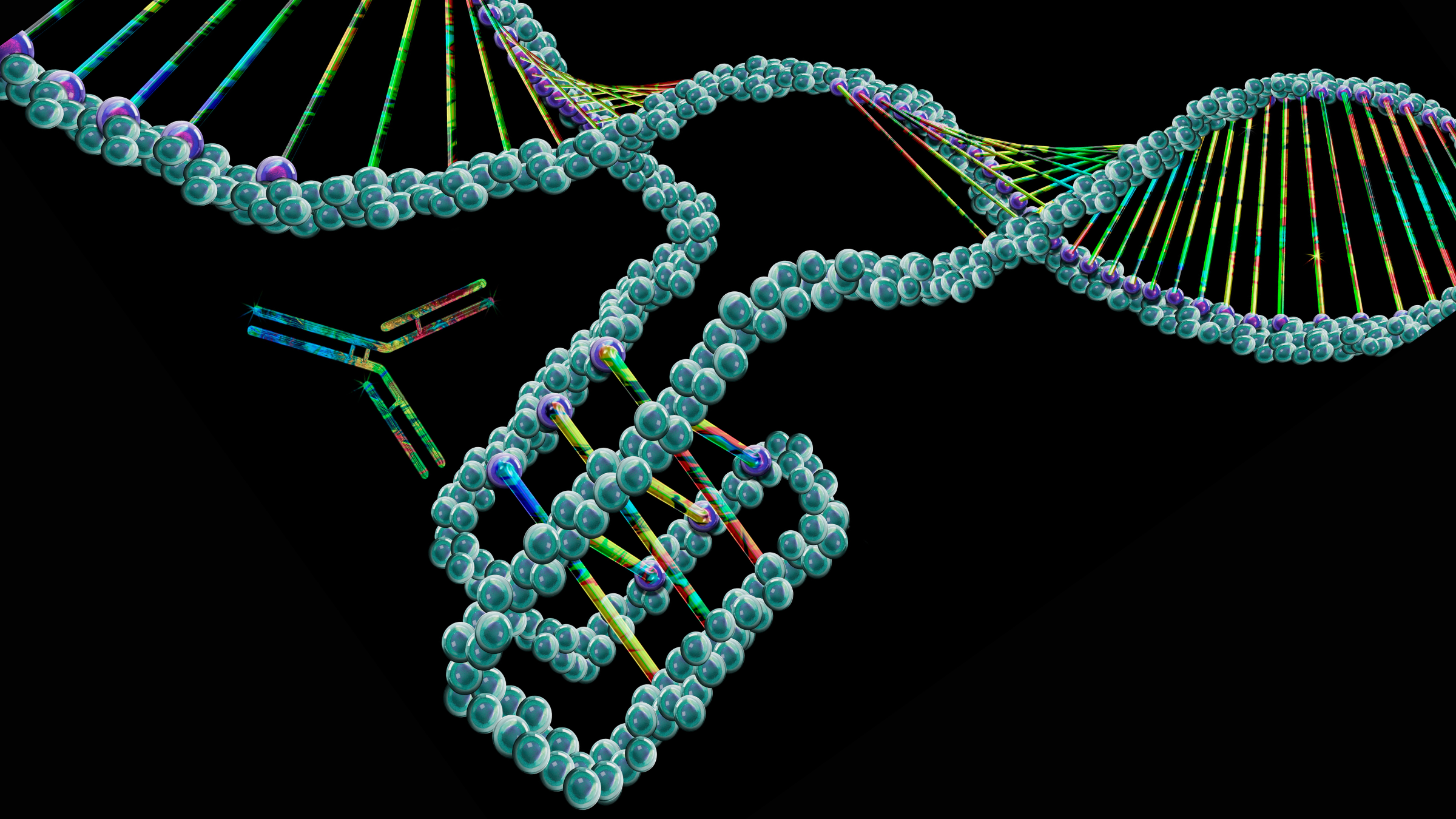
50,000 'knots' scattered throughout our DNA control gene activity
By Emily Cooke published
The mapping of 50,000 mysterious "knots" in the human genome may someday lead to the development of new cancer drugs, researchers say.
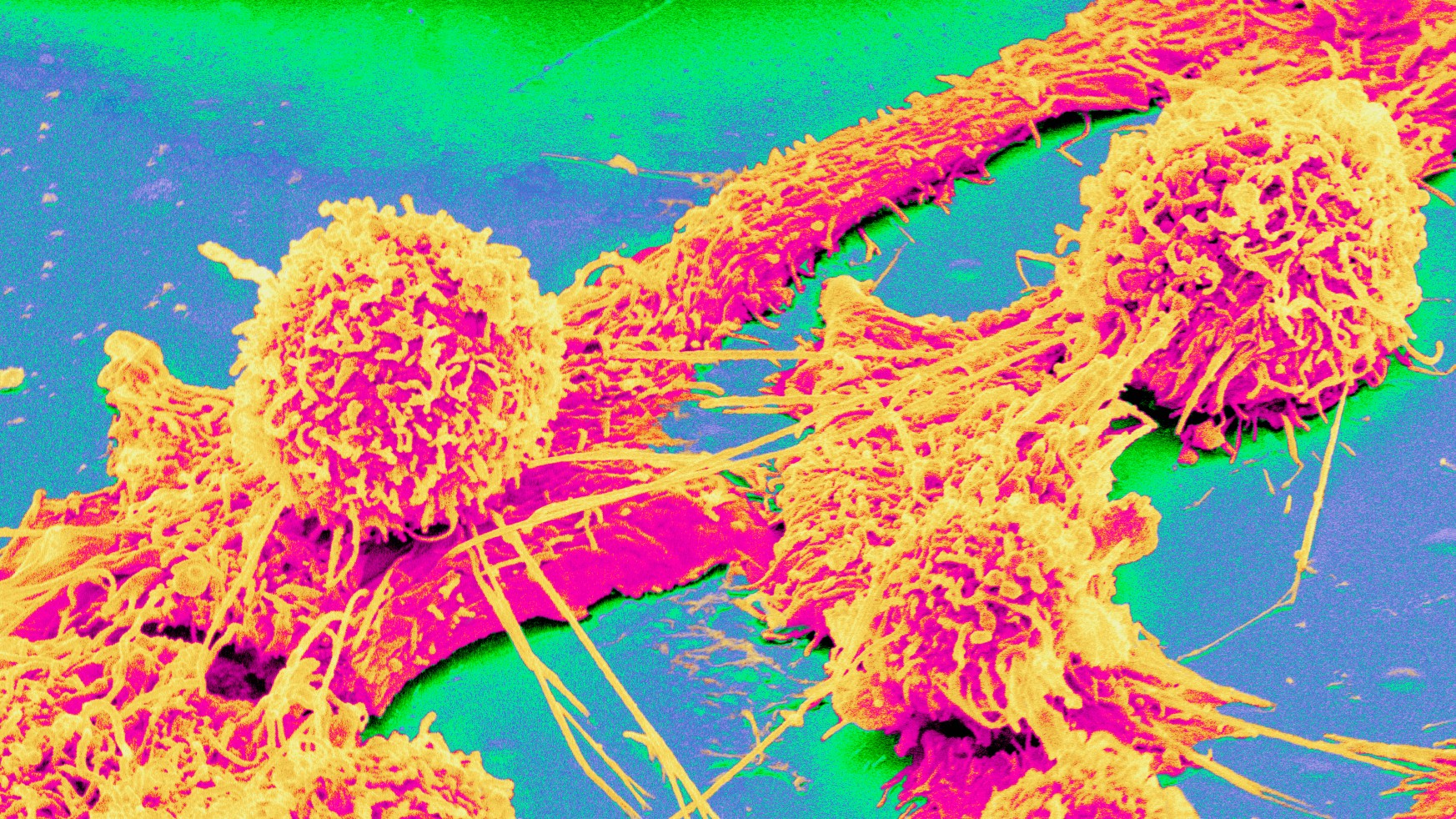
Colon-cancer risk in young people linked to one amino acid, small study finds
By Emily Cooke published
A study has tied a substance in the blood to colorectal cancer in people under age 50. It may act as an early signal of the disease, scientists say, but that needs to be confirmed.

Listeria outbreak tied to sliced deli meat hospitalizes 57, kills 9
By Emily Cooke published
Listeria infections tied to the consumption of sliced deli meat have recently hospitalized almost 60 Americans.
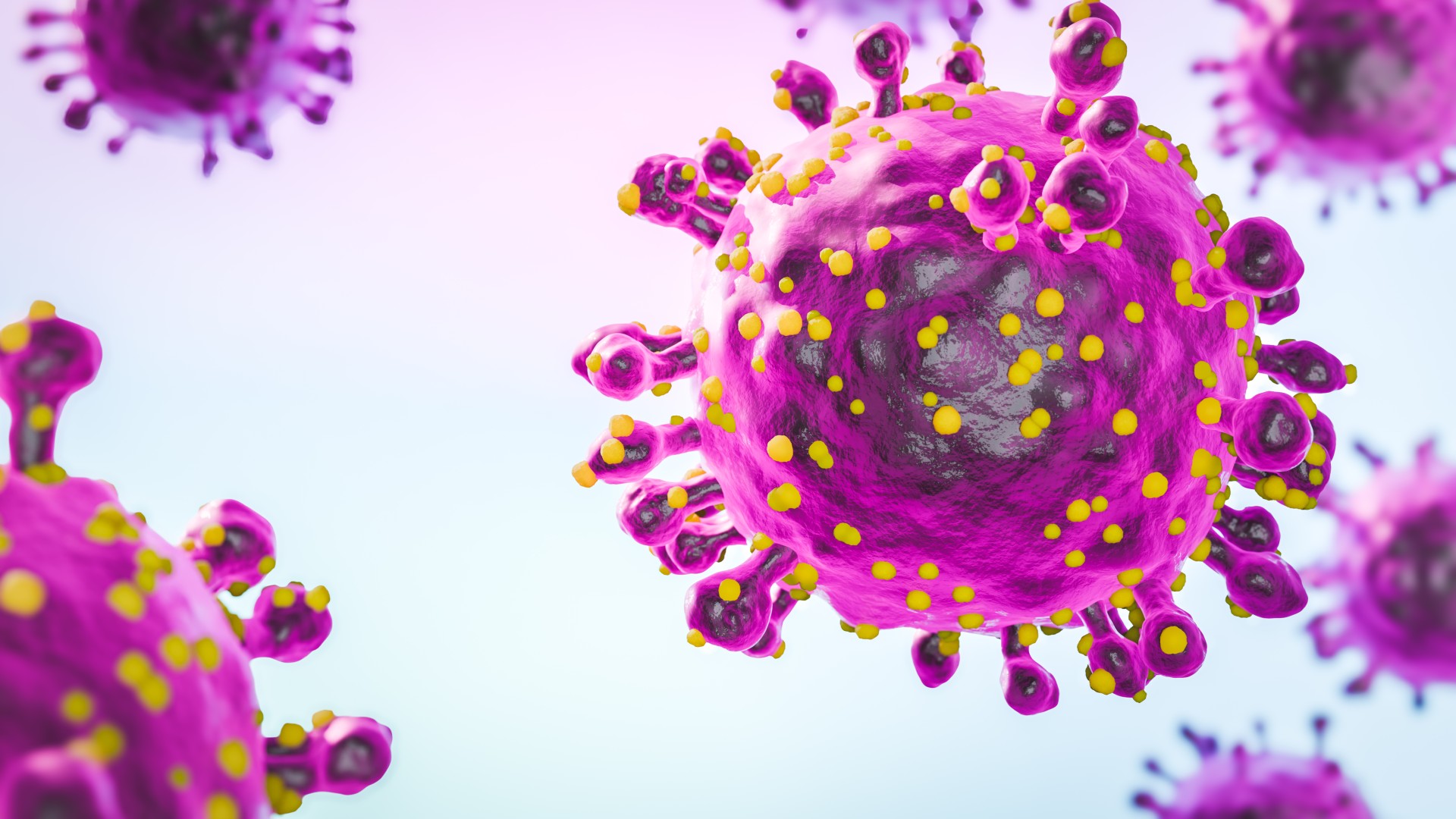
What to know about Oropouche virus — the deadly fever that has reached the U.S.
By Emily Cooke published
Cases of "sloth virus" have been reported in the U.S. and Europe for the first time. But what is it?

Arctic expedition uncovers deep-sea microbes that may harbor the next generation of antibiotics
By Emily Cooke published
Analysis of samples from an expedition to the Arctic Ocean suggest that marine microbes could be a promising new source of antibiotics.
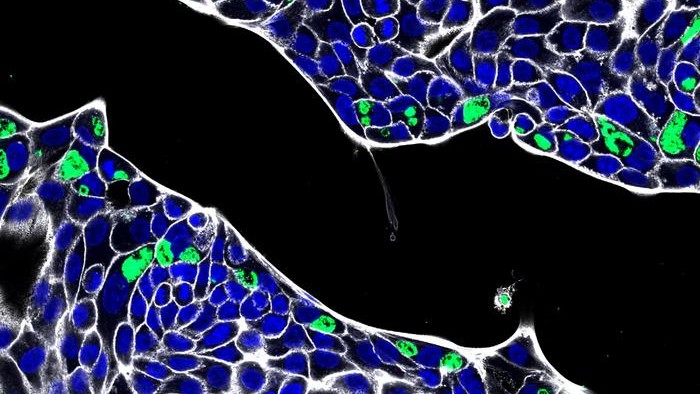
Chlamydia may hide in the gut and cause repeated infections
By Emily Cooke published
A mini model of the human intestines suggests that chlamydia bacteria can colonize the gut, potentially contributing to recurrent infections.
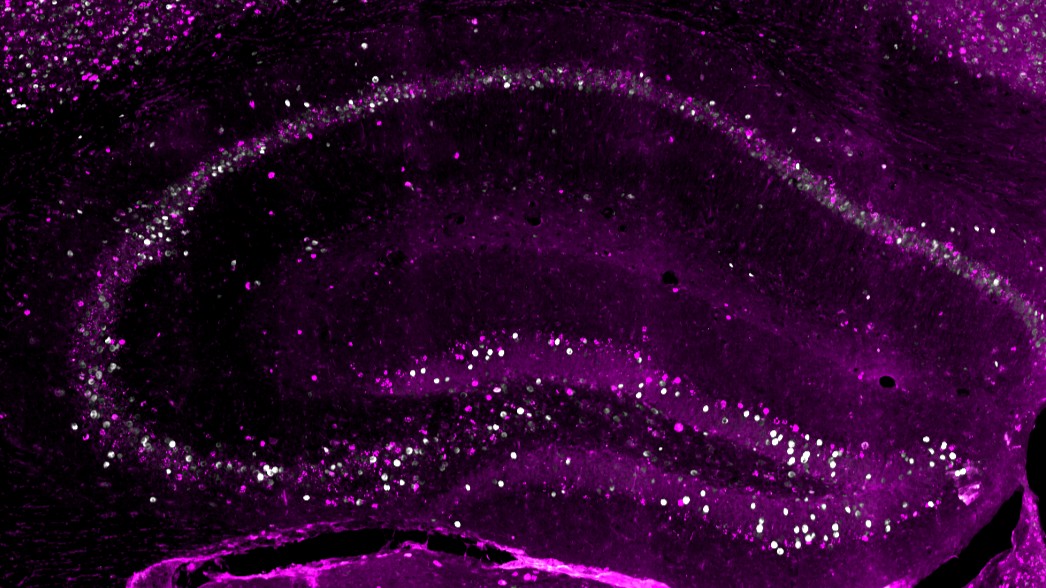
The brain stores at least 3 copies of every memory
By Emily Cooke published
A new study in mice suggests that the brain creates multiple copies of memories, which enables it to regulate how they change over time.

Wet-bulb temperature: What is it, and how is it linked to human survival in extreme heat?
By Emily Cooke published
Scientists use "wet-bulb temperature" to gauge how extreme heat affects the body. But what is it?
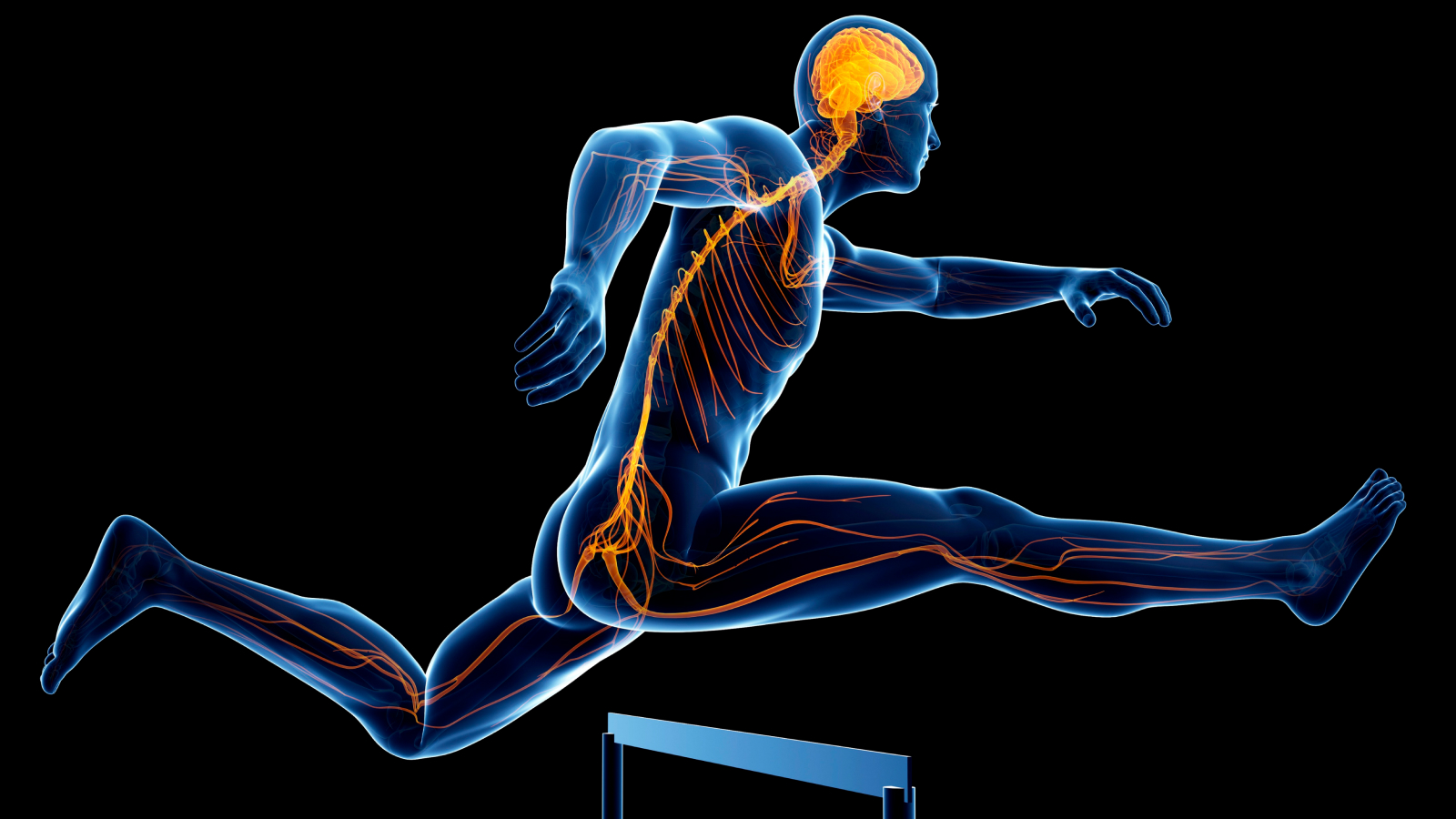
6 ways an athlete's brain differs from an average person's
By Emily Cooke published
Sports mastery is about much more than physical capability — it shapes the brain, too.

What happens when you 'hit the wall'?
By Emily Cooke published
Experts tell Live Science what it means to "hit the wall" while exercising and how to avoid it.

Double mastectomies don't increase cancer survival, study suggests
By Emily Cooke published
Other types of surgery besides double mastectomies are equally good at lowering death rates in women with cancer in one breast.
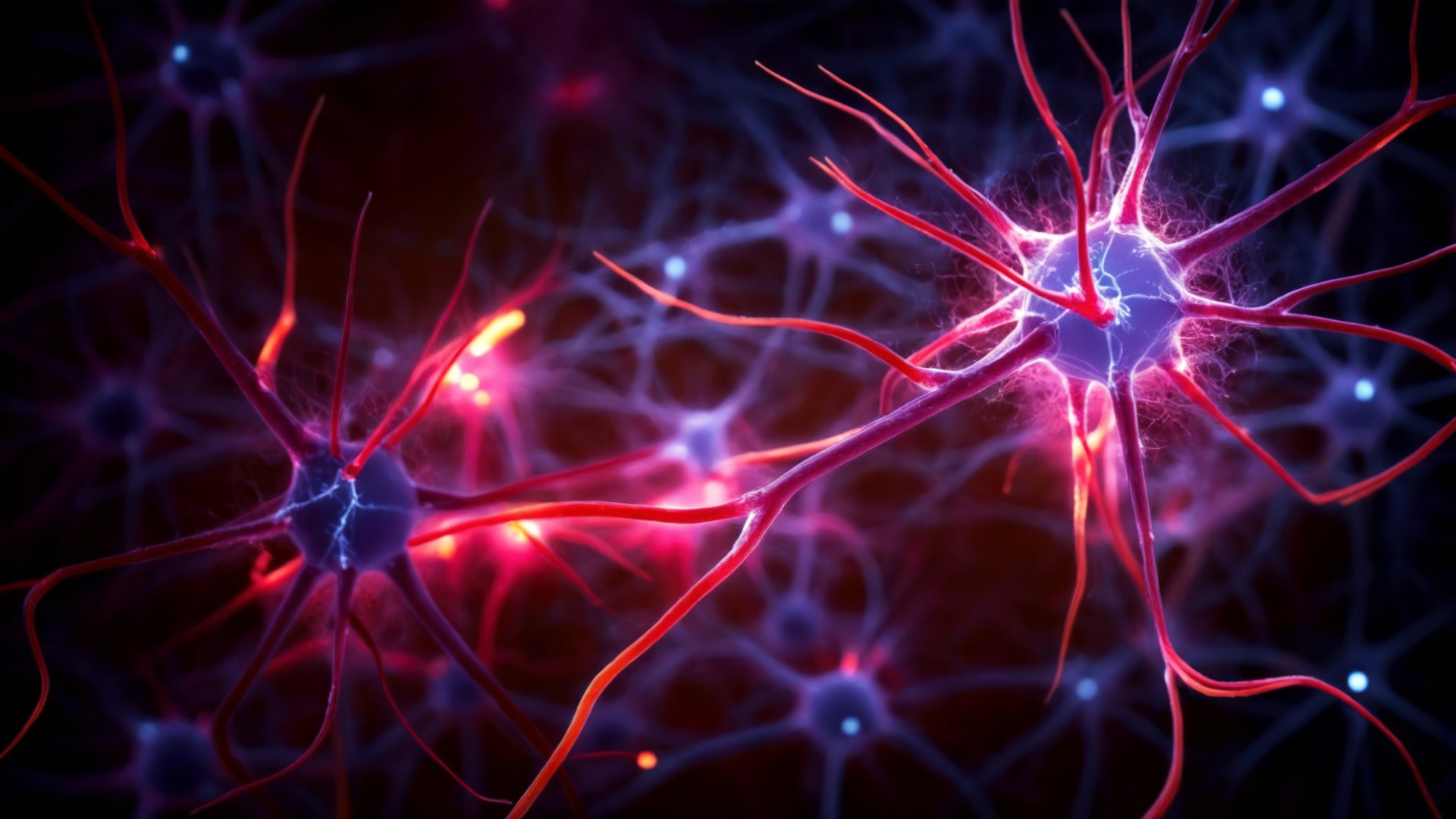
Some people recover from ALS — now, we might know why
By Emily Cooke published
A rare gene variant may explain why a subset of patients with ALS recover from the deadly disease.
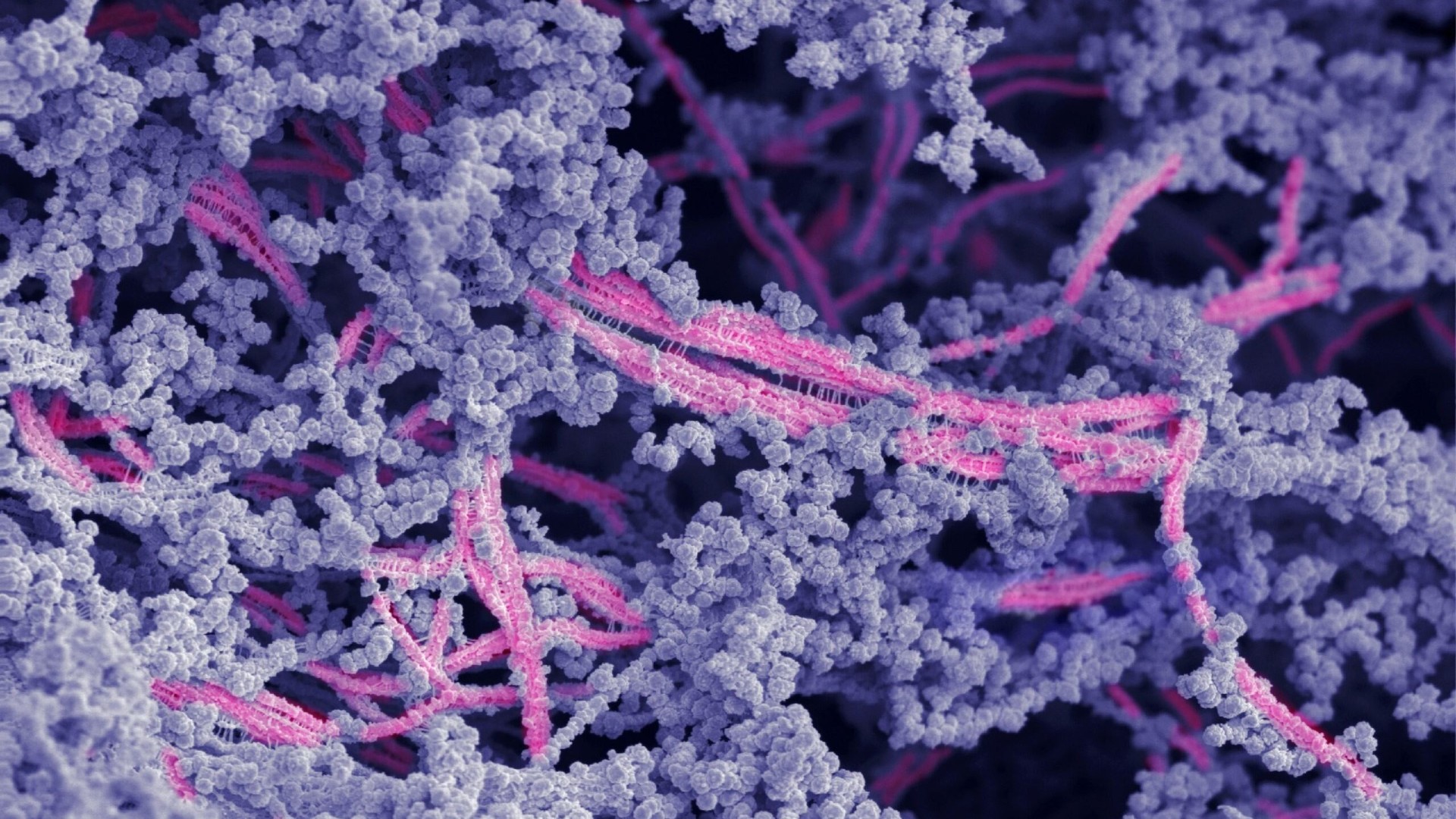
Injectable goo could fix joints without surgery, early study suggests
By Emily Cooke published
New research shows that an injectable goo can repair cartilage damage in animals' joints within six months. Scientists are now developing the tech for use in humans.
Sign up for the Live Science daily newsletter now
Get the world’s most fascinating discoveries delivered straight to your inbox.


